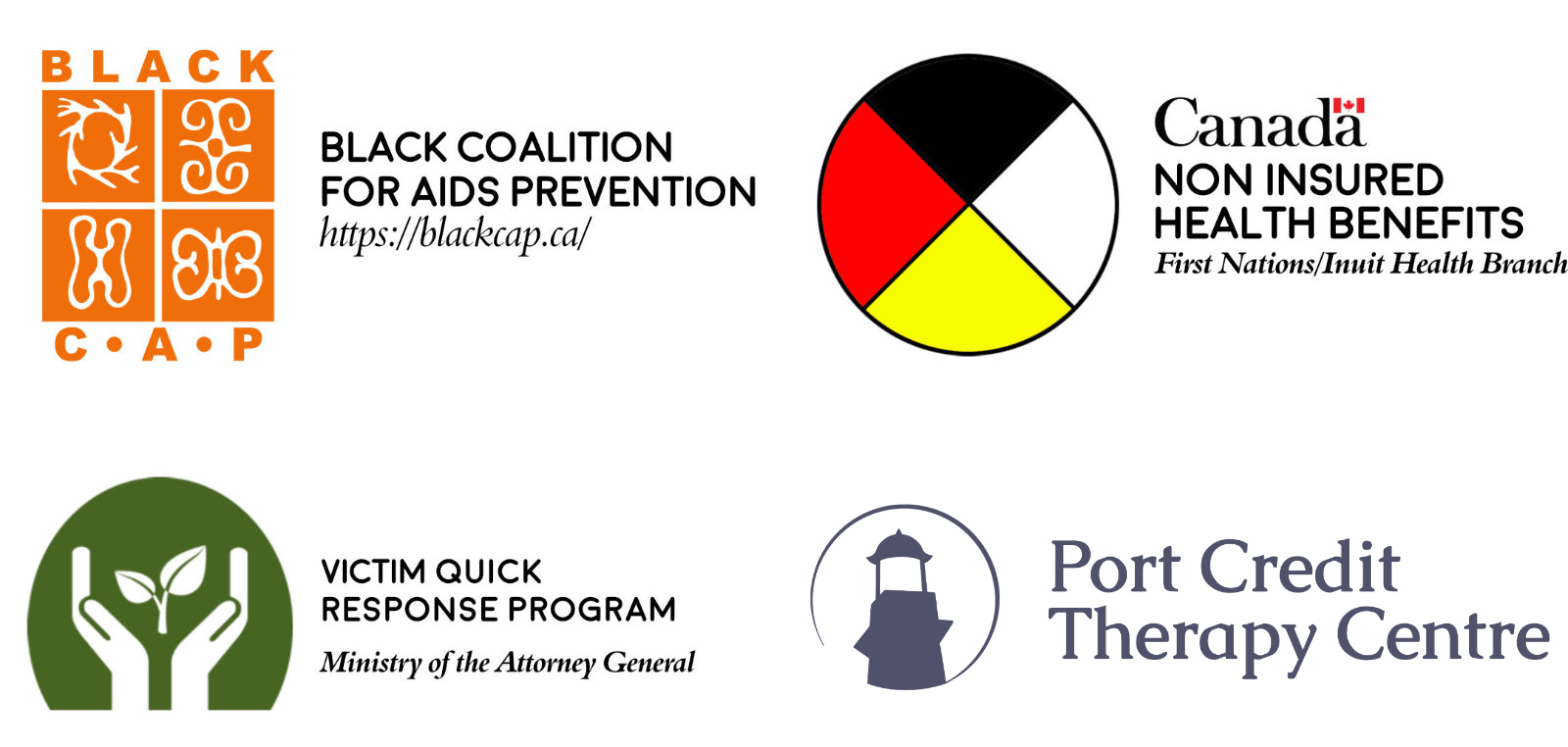Counselling & Consulting Services
DYNAMIC CHANGE
[headslider]
Dynamic Change is a style of counselling that is active and moving. It requires and expects the ongoing participation of clients at all times.
You can expect flexibility from Dynamic Change counsellors who are familiar with various treatment protocols, which include, but are not limited to
The most appropriate protocol is used as required, but elements may be utilized from various protocols so as to provide treatment that is most beneficial to the client.
Individual Sessions are $160.00/hour on a sliding scale based on ability to pay.
Couples' Sessions are $200.00/hour on a sliding scale based on ability to pay.
Please use the form at above right to inquire about rates for other programs offered.
 Tony Black is a Registered Social Worker with the Ontario College of Social Workers and Social Service Workers registration number 803013.He has worked in the field of Addictions and Mental Health, as a counsellor/case manager and manager, for over 20 years. Tony has developed expertise in working with individuals around issues of housing, life redevelopment and overcoming barriers to the justice system. He has worked with youth and adults who live with substance use issues, mental health diagnoses, PTSD and other emotional issues. Tony is a gay, black, cis-gender man who provides counselling services to individuals seeking to explore how issues related to their identities impact their mental and emotional health and also to all those seeking to address their histories of trauma.
Tony Black is a Registered Social Worker with the Ontario College of Social Workers and Social Service Workers registration number 803013.He has worked in the field of Addictions and Mental Health, as a counsellor/case manager and manager, for over 20 years. Tony has developed expertise in working with individuals around issues of housing, life redevelopment and overcoming barriers to the justice system. He has worked with youth and adults who live with substance use issues, mental health diagnoses, PTSD and other emotional issues. Tony is a gay, black, cis-gender man who provides counselling services to individuals seeking to explore how issues related to their identities impact their mental and emotional health and also to all those seeking to address their histories of trauma. Insured by: CASW
Dynamic Change is currently providing counselling and consulting services to the following organizations :
